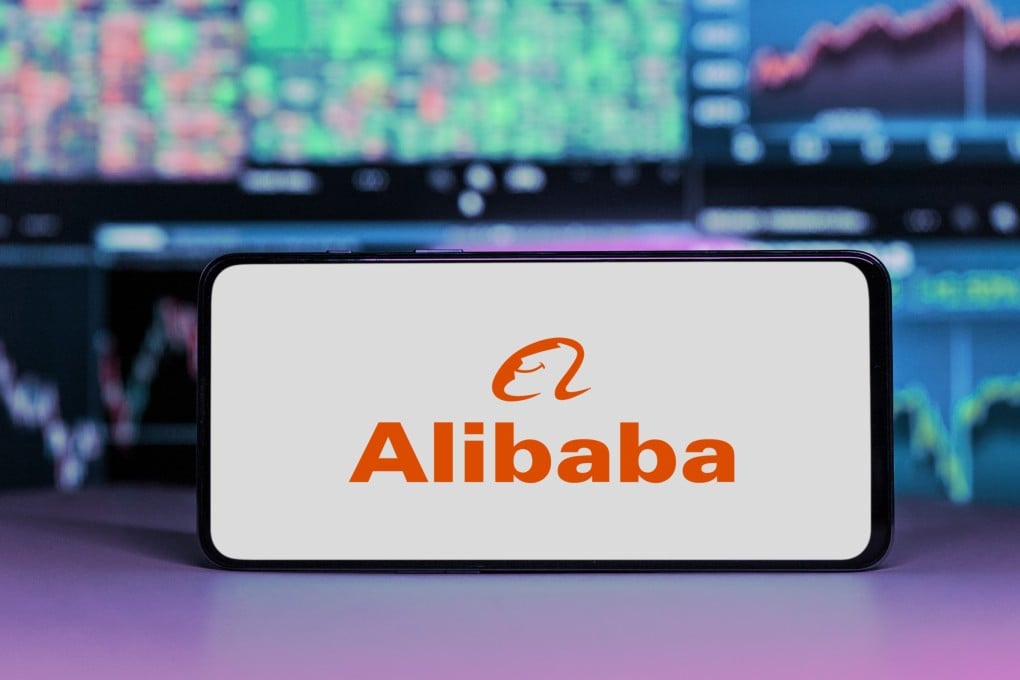Advertisement
Alibaba set on growth path after divesting bricks-and-mortar retailing assets: analysts
After disposing of Sun Art and Intime, an ‘asset-light’ Alibaba is expected to be in a better position to compete against e-commerce rivals
Reading Time:2 minutes
Why you can trust SCMP
0

Ann Caoin Shanghai
Alibaba Group Holding surprised investors a few years ago when the e-commerce giant’s employee headcount surged to 252,084 at the end of December 2020, more than double its 122,399 total in the previous quarter.
The nearly 130,000 increase in staff primarily came from consolidating the operations of Sun Art Retail Group, China’s largest hypermarket operator, which Alibaba took control of in a US$3.6 billion deal in October that year.
The enlarged payroll size signified the price Alibaba was willing to pay to realise its New Retail strategy, which aims to leverage the synergy from running both online retail platforms and bricks-and-mortar stores. Alibaba owns the South China Morning Post.
Fast-forward to January, and Alibaba has received kudos from analysts for divesting both Sun Art and department store chain Intime Retail (Group) in a span of a few weeks.
“We see the disposal of two key offline retail businesses as being in line with its ongoing focus on e-commerce,” Goldman Sachs analysts said in a research note on Thursday. In their assessment, both Sun Art and Intime were “insignificant assets” that provided minimal profit contribution.

The two transactions reflect Alibaba’s sharpened focus on its core e-commerce business and cloud computing operation, which oversees its artificial intelligence-related initiatives, under a strategy initiated by group chief executive Eddie Wu Yongming.
Advertisement